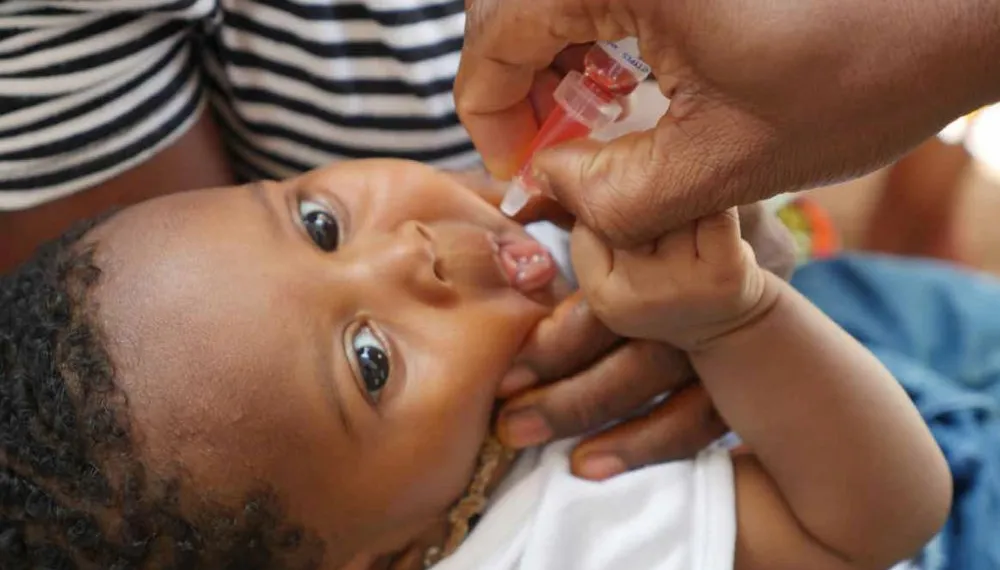
WHO worried as 6.2m Nigerian children unvaccinated in three years
COVID-19 has decreased child immunisation coverage, increased the prevalence of malaria and tuberculosis, and shortened life expectancy worldwide, experts have said.
Tag

COVID-19 has decreased child immunisation coverage, increased the prevalence of malaria and tuberculosis, and shortened life expectancy worldwide, experts have said.
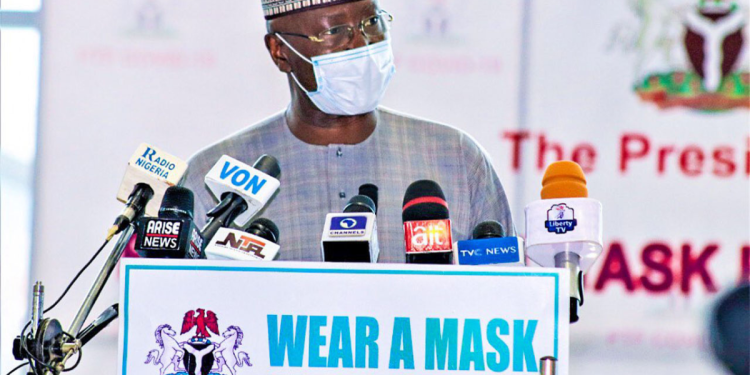
The Nigerian media was critical in educating, raising awareness, and informing the public during the pandemic. People frequently relied on media information during an epidemic lockdown. They were exposed to the message to form opinions about disease risks and take appropriate actions. As a result, it is crucial to examine media coverage during pandemics such as COVID-19.
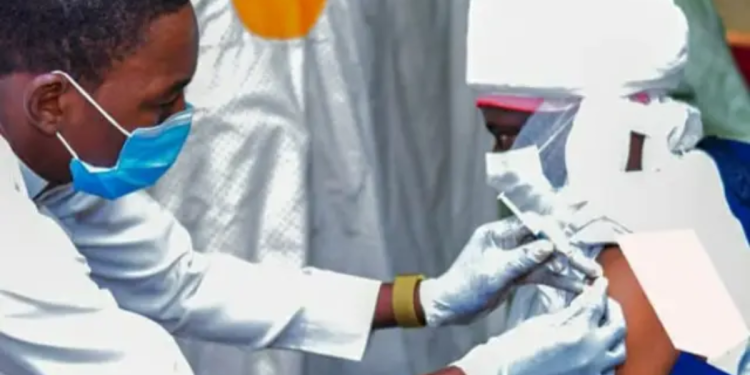
The nationally-promoted COVID-19 vaccination campaign in Kano had initially suffered a setback due to an ugly experience with a failed Pfizer vaccine trial in the state and a deluge of misinformation. Today, data shows that Kano has vaccinated 100% of its targeted residents. In this report, Nurudeen Akewushola examines how religious clerics who were once against the coronavirus vaccine helped to drive high vaccination in the state.
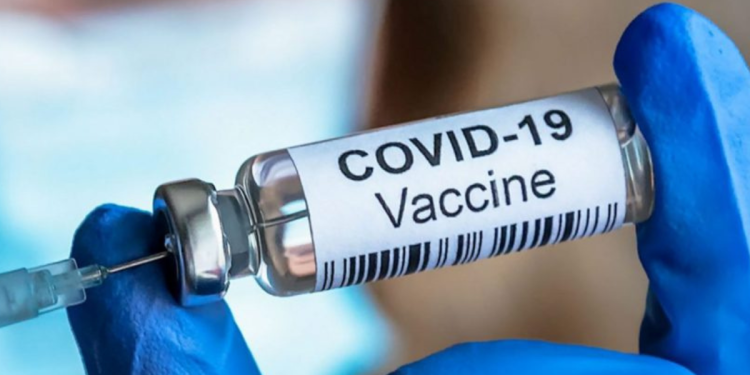
Poor sensitisation of the COVID-19 vaccine brewed resistance against the vaccine in many parts of Nigeria. Most of the residents of Kano, Nigeria, had heard little of the vaccine and where they could take it.
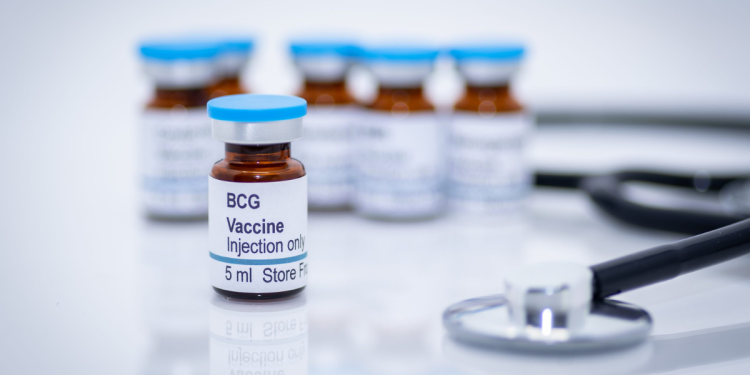
It is estimated that one in every four persons globally has been infected with TB. Though it is found in all countries, it is more predominant in low-income countries, with half of the world’s TB cases found in Bangladesh, China, India, Indonesia, Nigeria, Pakistan, Philippines, and South Africa.
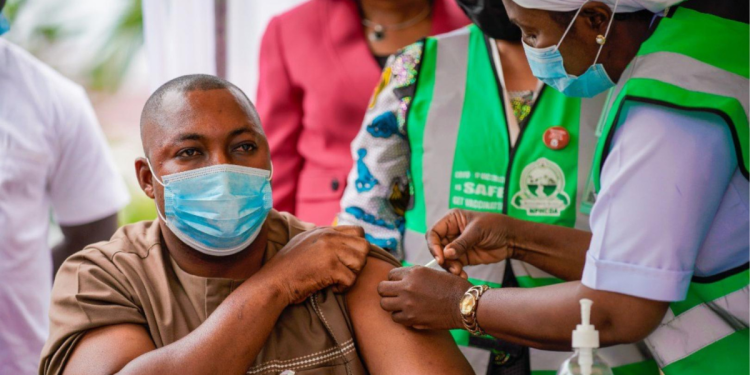
The dream of fully vaccinating up to 70 percent of Africa’s biggest population against the deadly coronavirus might remain just – a dream as new data shows the unavailability of COVID-19 vaccine may have stalled Nigeria’s goal of achieving herd immunity.
.webp)
As at 21st February 2022, only 6.9% of the eligible population have been fully vaccinated in Nigeria.

From health to gender, security, agriculture, extractives and other sectors, Dataphyte covered all the pertinent events that unfolded in the country in 2021 and “made it make sense” for Nigerians, bringing deeper insights into the issues.
.webp)
As of December 22nd, 2021 there are 4035 new confirmed cases and 2 deaths recorded in the fourth wave of COVID-19 in Nigeria.
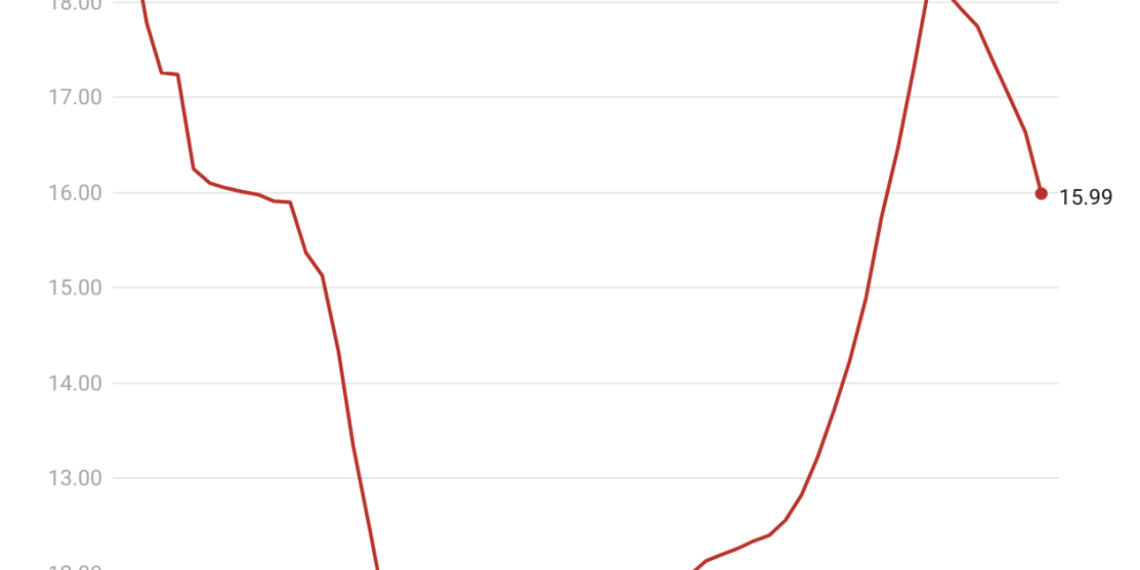
In 2020, it recorded a 1.92% dip in its Gross Domestic Product (GDP) compared to the previous year, 2019.
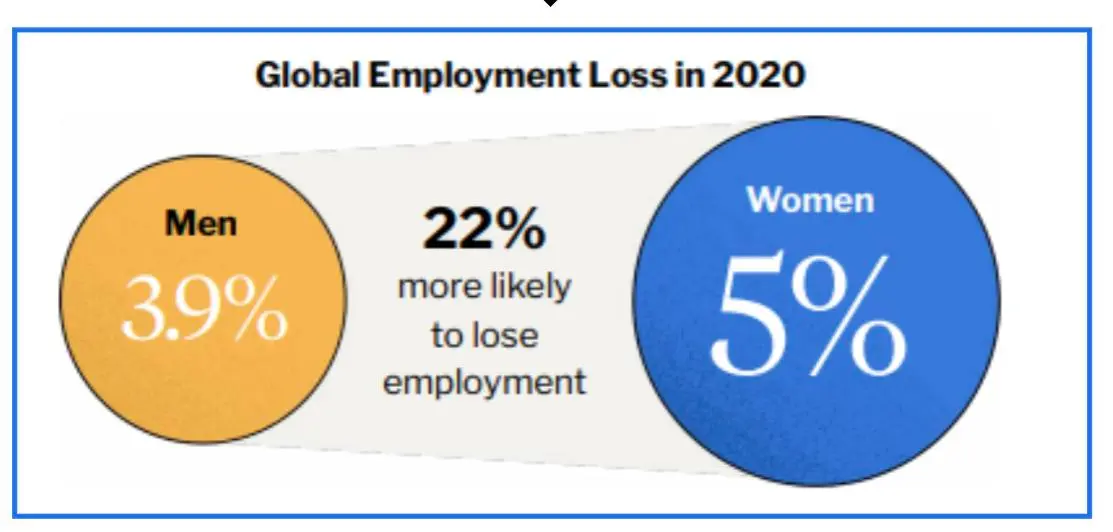
Women and girls are at a greater socio-economic risk due to the COVID-19 pandemic. The pandemic has derailed progress towards gender equality in the world. They are increasingly more likely to face poverty, economic insecurity, gender-based violence and have limited access to health services globally.
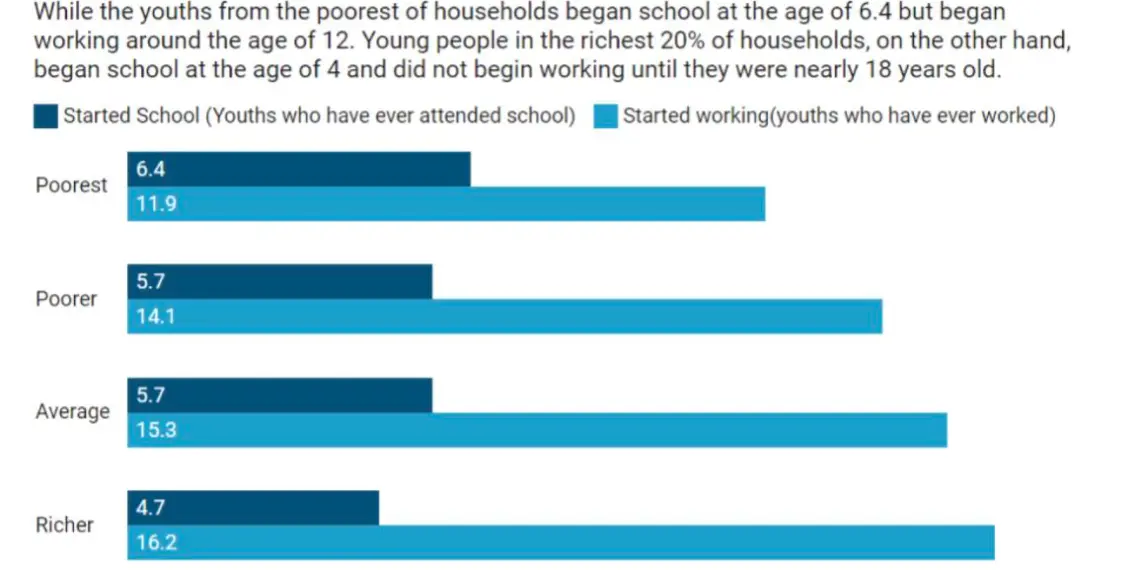
The twelfth round of the Nigeria COVID-19 National Longitudinal Phone Survey (NLPS) revealed that the share of urban youth attending school or training was 61%, significantly higher than the share of rural youth (49%).
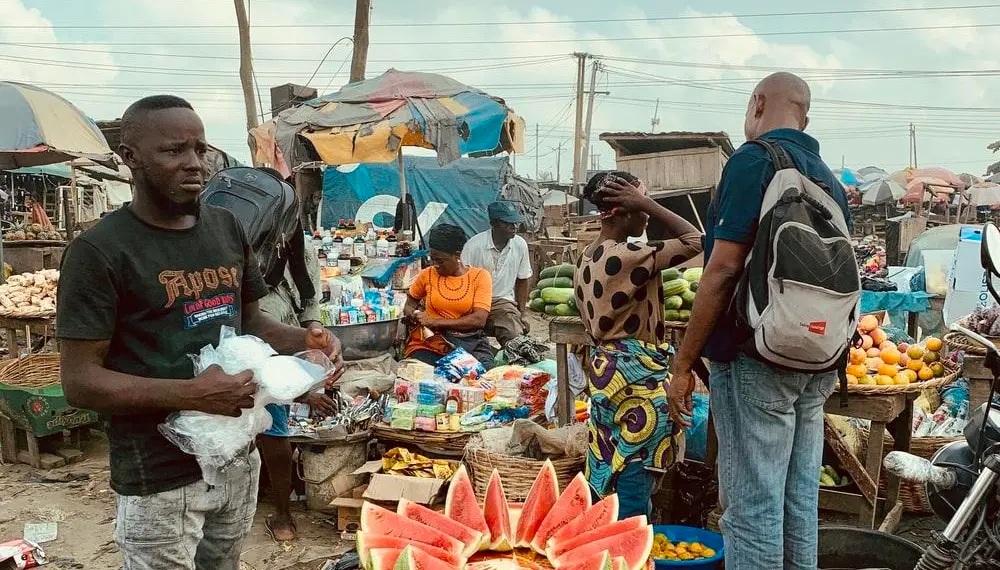
The results of the twelfth round of the Nigeria COVID-19 National Longitudinal Phone Survey on the job aspirations of urban and rural youths raise critical policy questions about the country’s achievement of the sustainable development goals (SDGs).
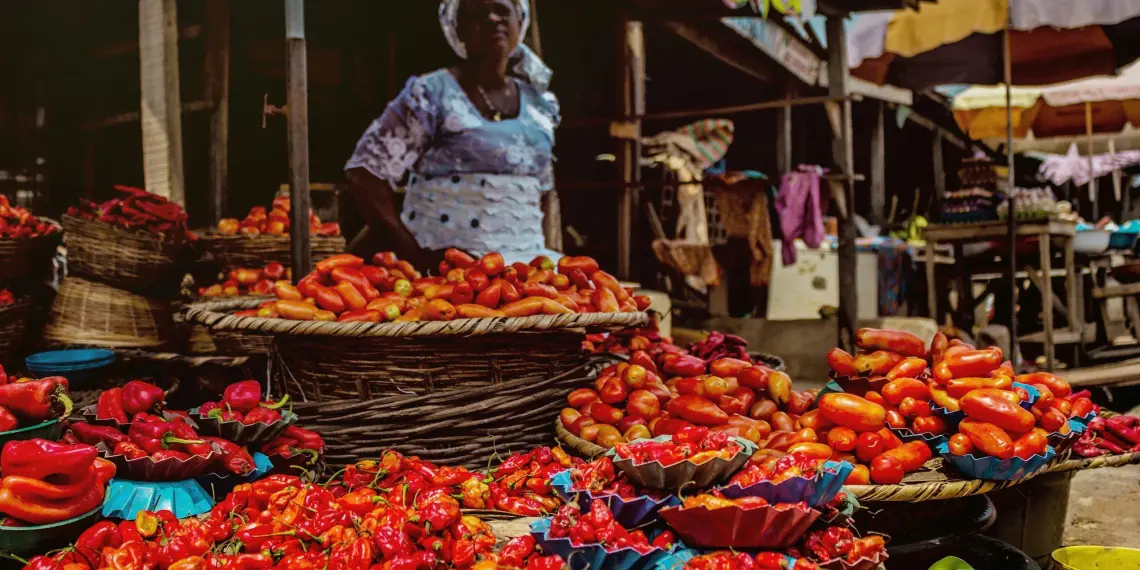
Opeyemi Adeyemi works with one of the big finance companies in Nigeria. Amidst the increase in food prices, he had a pay cut due to the lockdown during the coronavirus (COVID-19) pandemic. “To keep your job during this period, a pay cut is a relief, as thousands were fired,” Adeyemi, a 42-year-old finance expert who lives at Obalende, on Lagos Island, said.
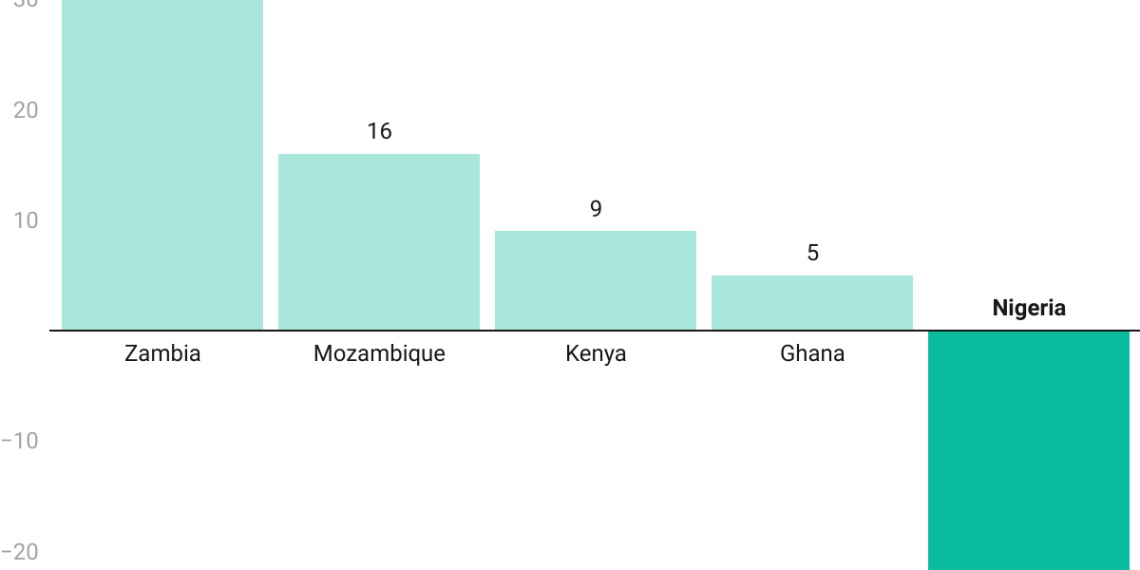
Despite the pandemic, diaspora remittances to Sub-Saharan Africa (excluding Nigeria) in 2020 increased by 2.3%, World Bank reports. When remittances to Nigeria are considered alongside its Sub-saharan peers, the figures declined by 12.5%.